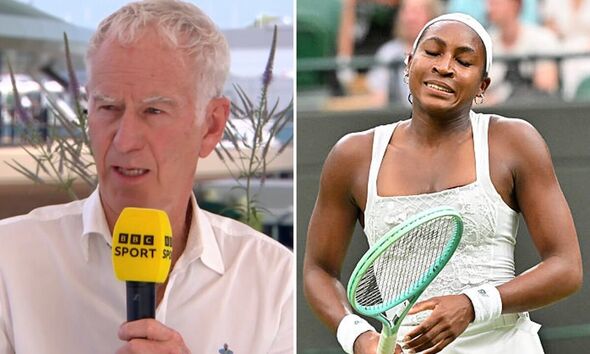Two League of Wales games were also identified as having been corrupted,
taking the UK’s total of ‘fixed’ matches to 13.
Federbet, which is based in Brussels, accused football’s authorities of
failing to do enough to tackle match-fixing after finding the number of
rigged fixtures across Europe rose sharply in 2013-14.
Including several Champions League and Europa League ties, 110 matches were
identified as having been fixed, with suspicions over a further 350. The
total of 460 possibly-fixed matches was up 20 per cent from the previous
year, Federbet said.
Its general secretary, Francesco Baranca, added: “Every day, all around the
world, there is an attempt at match-fixing. And this virus is getting bigger
and bigger.” The red-flagged Champions League and Europa League ties were
all from the qualifying rounds, with the highest-profile match rigged found
to be Catania v Atalanta in Serie A.
Other matches in Italy were also identified, as well as several in France,
Portugal, Greece and Ukraine.
Baranca warned that the problem was so widespread that the World Cup itself
was under threat from those who had already been corrupted. “It is not so
impossible that when they have learned to fix the match during the domestic
competition they are also going to fix the match in the international
competition,” he said. “We can solve this problem in quite an easy way but
nobody wants to solve it. Federations are not listening to us, Uefa is not
listening to us.”
European lawmaker Marc Tarabella, who backed the report, called for a response
from sporting and political authorities alike. He claimed that national
football federations “often hesitate to back a complaint for fear that it
might tarnish their competitions”, and called for harsher penalties.
Tarabella said Fifa had “heard the arguments of the European parliament and
will have throughout the next World Cup strict controls in finances around
each match”.
The Federbet report was published a week after the Telegraph revealed the
National Crime Agency had asked Fifa to issue an alert over Nigeria’s World
Cup warm-up friendly against Scotland in London.
A Nigerian football agent was subsequently caught on camera claiming he could
arrange yellow cards and penalties in his country’s matches in Brazil for a
fee of up to £81,000.
In November, the Telegraph exposed the biggest alleged match-fixing scandal in
England for decades, helping prompt the then Culture Secretary to call an
emergency meeting of the country’s sporting bodies.
Prior to that, English football had been considered by some to have become
largely immune from fixing due to the spiralling wages paid to players in
the Premier League era. But recent scandals have acted as wake-up call that
it is as vulnerable as anywhere.
The World Cup, meanwhile, promises to be the most scrutinised tournament in
history when it comes to suspicious betting activity. Fifa, which is still
dealing with the fallout from warm-up games that were allegedly rigged prior
to the 2010 tournament in South Africa, will also deliver mandatory
integrity sessions to all 32 competing teams in Brazil.





